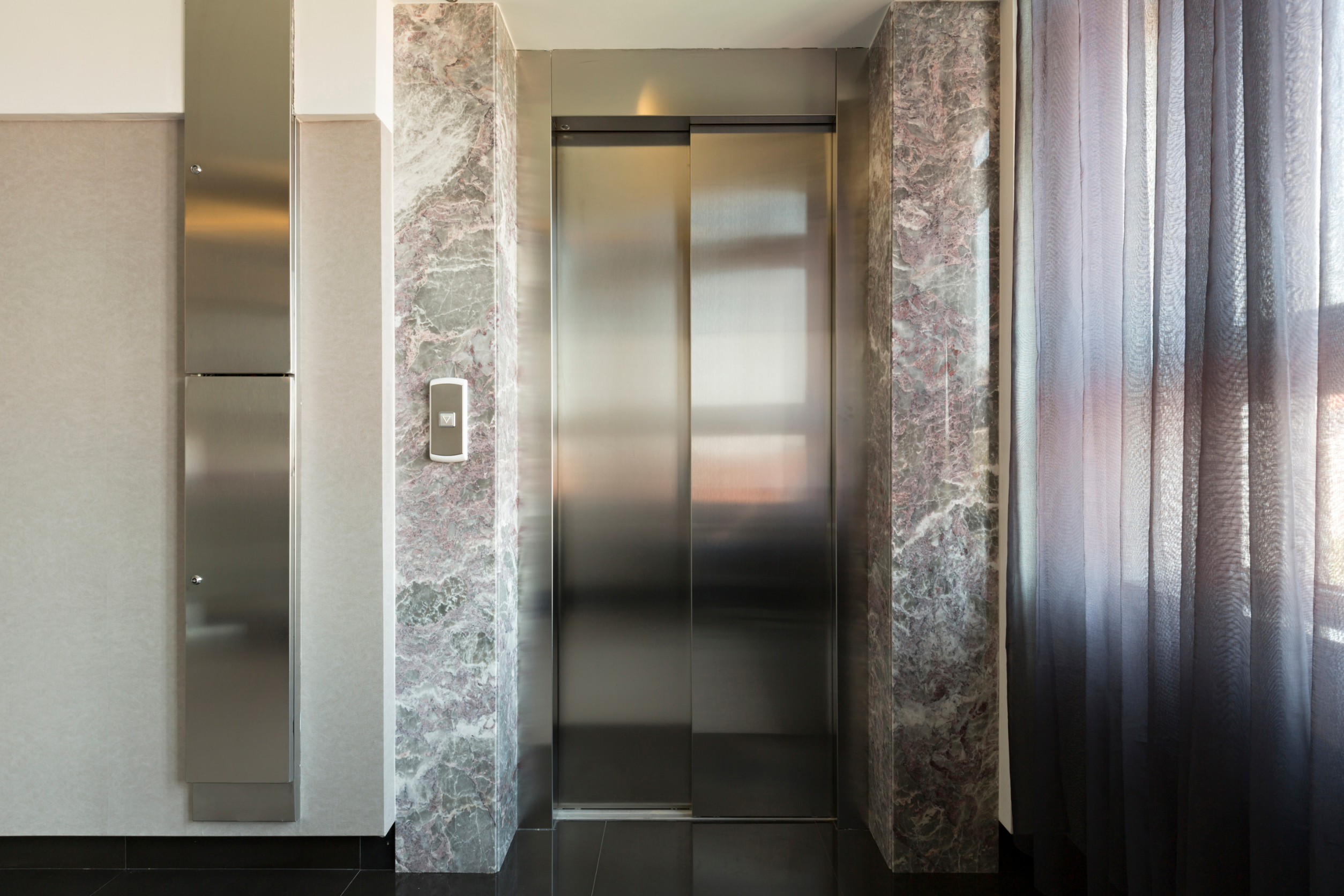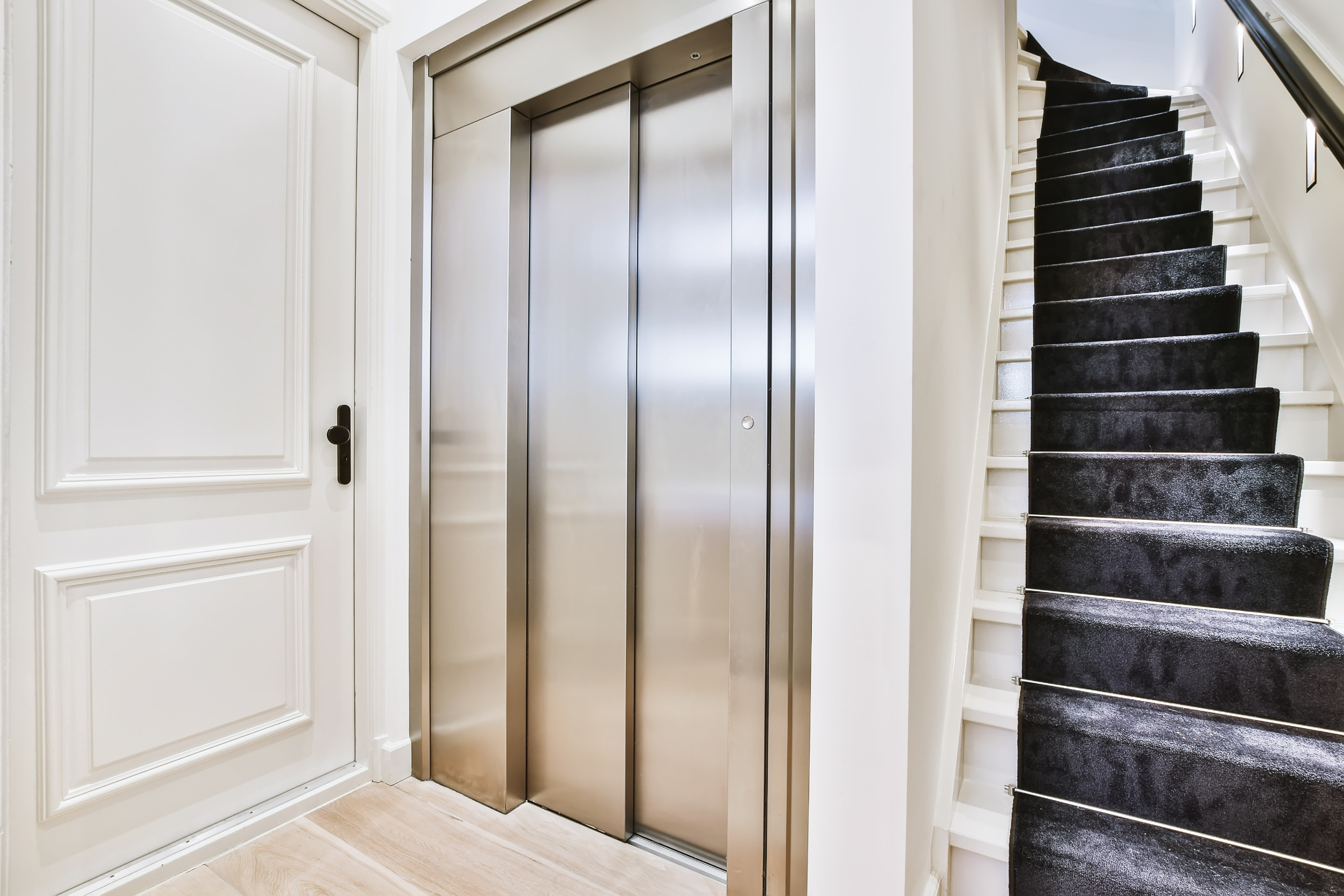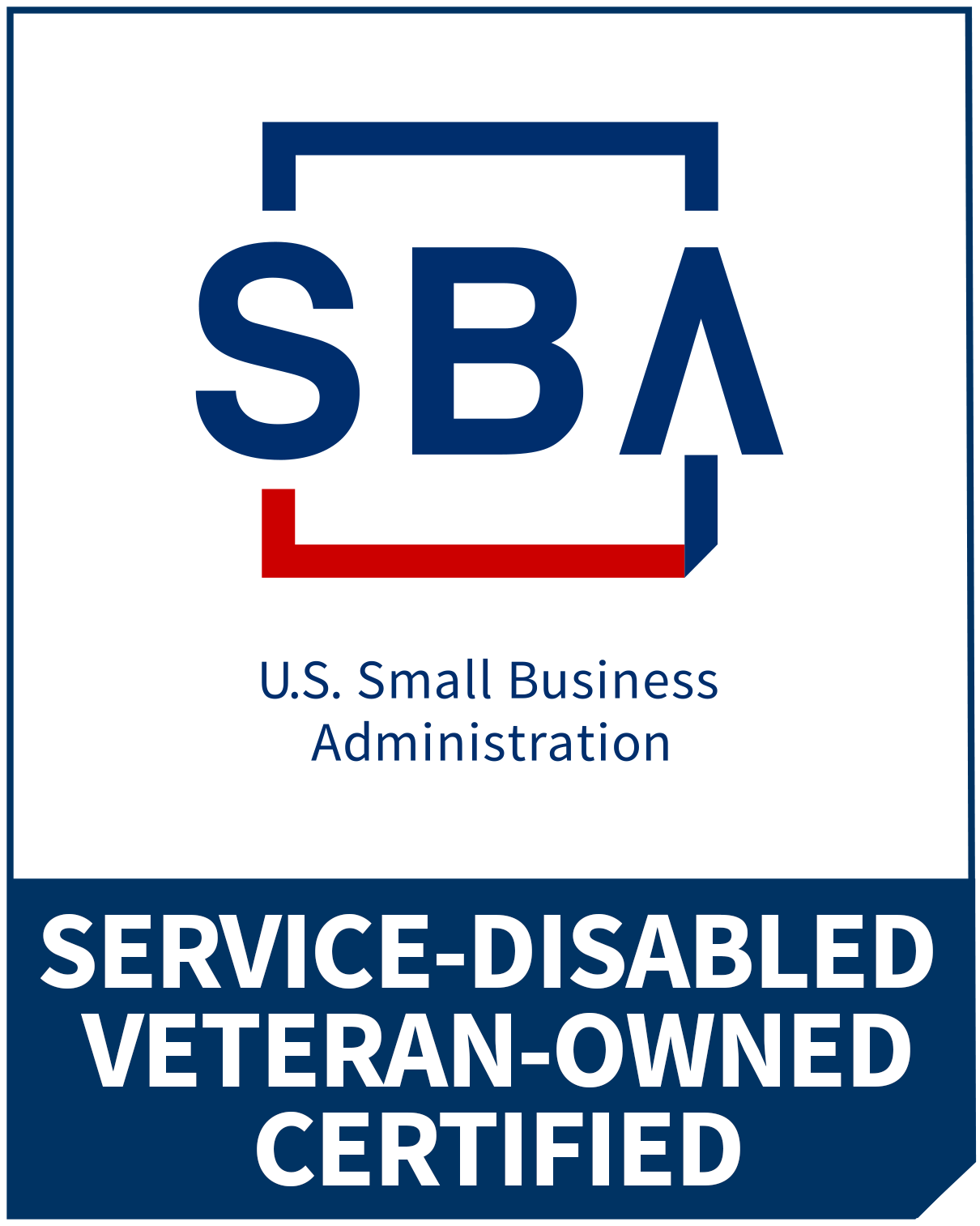Understanding the Costs of Residential Elevators: A Practical Guide
Residential elevators are becoming increasingly popular in homes, offering convenience, accessibility, and an added touch of luxury. However, understanding the costs associated with installing and maintaining a residential elevator is crucial for homeowners considering this investment. From initial installation expenses to long-term maintenance, this guide provides an in-depth analysis of both the short-term and long-term costs of a  residential elevator in Louisiana to help individuals make informed decisions about integrating an elevator into their home.
residential elevator in Louisiana to help individuals make informed decisions about integrating an elevator into their home.
Short-Term Costs of Residential Elevators

The short-term costs of installing an elevator are those upfront expenses that most homeowners will study carefully. You’ll likely do a lot of price comparisons and some shopping around when trying to find an elevator company and a model that works for your needs. Here are a few of those short-term costs that you’ll need to look at:
- Installation Expenses: The initial cost of a residential elevator is influenced by several factors, including the type of elevator, size, capacity, and the complexity of installation. Hydraulic, traction, or pneumatic elevators each come with their unique installation requirements and associated costs. On average, installation expenses range from $20,000 to $100,000, depending on these variables. Factors such as structural modifications, electrical work, and permits contribute significantly to the installation costs.
- Elevator Type and Features: The choice of elevator type and additional features also impacts short-term costs. Hydraulic elevators, for example, tend to be more expensive upfront due to their complex installation requirements. Features such as automatic doors, interior finishes, and customization options can add to the initial expense.
- Maintenance and Inspection Fees: In addition to installation, homeowners must consider maintenance and inspection fees. While these expenses might seem negligible at first, regular maintenance is essential for ensuring the elevator's safety and longevity. Annual inspections can cost around $150 to $500, while maintenance fees may range from $100 to $500 per month, depending on the elevator type and service provider.
Offsetting Short-Term Costs
It’s no secret that those upfront costs can be quite high. Here are a few ideas that may help you offset those expenses:
- Home Improvement Loans: Home improvement loans or personal loans specifically tailored for home modifications, including elevator installation, can be an excellent way to cover upfront costs. These loans often offer competitive interest rates and flexible repayment terms, making them a viable option for financing elevator installations.
- Grants and Assistance Programs: Government agencies, nonprofits, or disability advocacy groups might offer grants or financial assistance programs aimed at promoting accessibility improvements in homes. These programs could provide financial aid or cover a portion of the installation costs, especially for households with individuals with disabilities.
- Insurance Coverage: Some insurance policies may cover a portion of the cost of installing a residential elevator, especially if it's deemed a medical necessity due to mobility issues or disabilities. Consulting with an insurance provider to understand coverage options and requirements is essential to determine if this avenue could help offset expenses.
Long-Term Costs of Residential Elevators

Unfortunately, far too many homeowners fail to examine the long-term costs of owning a residential elevator. The truth is, those upfront expenses listed above are not the only way you’ll end up paying for this upgrade to your home. Be sure to keep these long-term costs in mind as well:
- Energy Consumption: Long-term costs encompass ongoing operational expenses, with energy consumption being a significant factor. Hydraulic elevators, in particular, can be more energy-intensive compared to traction or pneumatic models, potentially leading to higher electricity bills over time.
- Repairs and Upgrades: As elevators age, repairs and occasional upgrades become inevitable. Components such as motors, cables, or control systems may require servicing or replacement, incurring additional costs. Planning for these expenses in the long run is crucial to maintaining the elevator's functionality and safety.
- Resale Value: While not a direct cost, considering the impact of an elevator on the home's resale value is important. A well-maintained, properly functioning elevator can significantly increase a property's value, potentially offsetting the initial investment in the long term.
Managing Long-Term Costs
While the long-term cost of owning a residential elevator may not be as daunting as the initial price tag, it’s still a good idea to consider these options for managing those expenses:
- Maintenance Contracts: Opting for a comprehensive maintenance contract when installing an elevator can help manage long-term expenses. These contracts often cover regular inspections, routine maintenance, and sometimes even repairs, reducing the risk of unexpected high costs for upkeep.
- Energy-Efficient Features: Choosing energy-efficient elevator models and implementing energy-saving practices can help minimize long-term operational expenses. Modern elevators often come with energy-efficient components and features that reduce electricity consumption, contributing to cost savings over time.
- Financing Options for Ongoing Costs: Financing options like lines of credit or specialized loans for home improvements can also help manage ongoing maintenance and repair expenses. Homeowners can allocate a portion of these financing options specifically for elevator upkeep, ensuring they have funds readily available when needed.
While residential elevators offer convenience and accessibility, homeowners should carefully evaluate both short-term and long-term costs before making a decision. For most people with limited mobility, investing in a residential elevator is well worth the cost. To ensure proper installation, maintenance, and reliable  residential elevator service in Louisiana, contact K N Enterprise, LLC, today.
residential elevator service in Louisiana, contact K N Enterprise, LLC, today.








